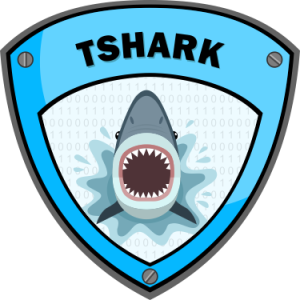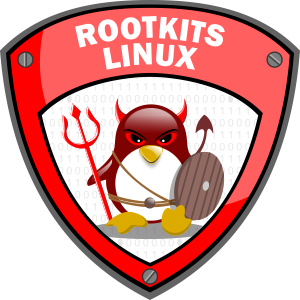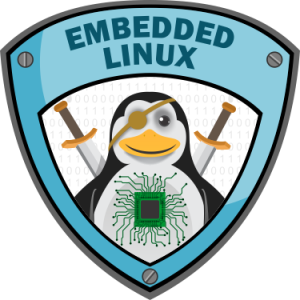
Today, all enterprises, large and small depend on VoIP to provide voice communication both internally and externally to the company. Most organizations even have dedicated Voice VLANs and/or physical ports to carry VoIP traffic. Hence, it is important to understand VoIP traffic, security concerns and its encryption/decryption for network forensics and Red-Blue teaming purposes. This course does exactly that!






